British Columbia is a province located on Canada’s West coast. It features thousands of miles of Pacific Ocean coastline, countless lakes and dozens of rivers, tributaries, bays, and watersheds. British Columbia is a popular destination for halibut and trout fishing and is considered to boast some of the best salmon fishing in the world. Fishing enthusiasts can head to the open ocean or one of the many rivers or lakes for spin fishing or fly fishing.
The provincial government regulates recreational fishing. Before you plan your fishing trip to British Columbia, it’s a good idea to familiarize yourself with the province’s policies.
Live Bait Regulations
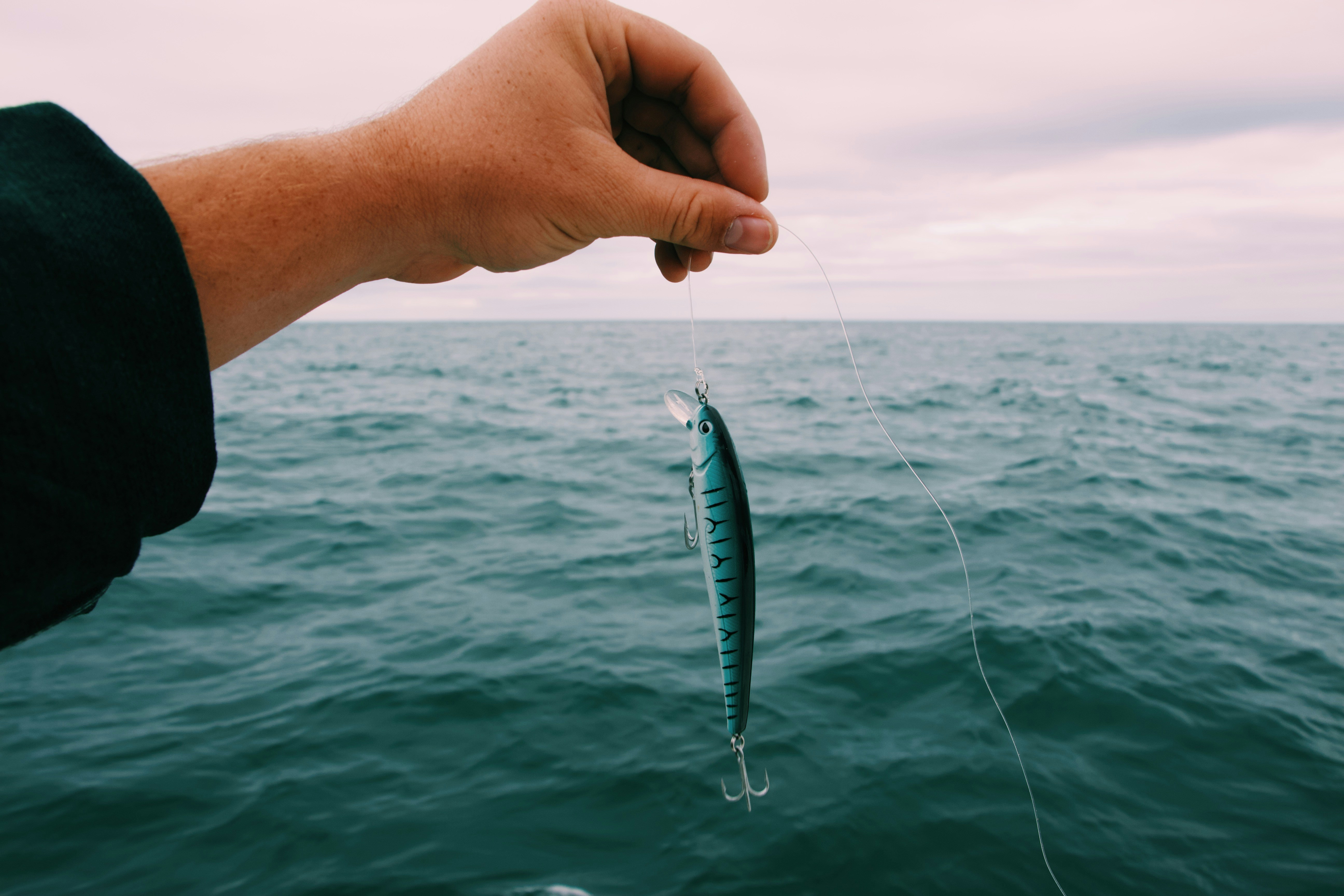
The substance used on a hook to attract fish is called bait. Live bait refers to the use of living fish, worms, or invertebrates as bait. Live bait regulations vary. For example, freshwater invertebrates can be used if you are fishing in a stream, but may not be used for fishing in a lake.
Fishermen are not permitted to use finfish, except for roe, unless they are fishing in the Lower Mainland’s Fraser River and intend to catch sturgeon. It can also be used for some lake fishing in Skeena and Omineca regions. The number of roe fishermen can use is restricted.
Licensing
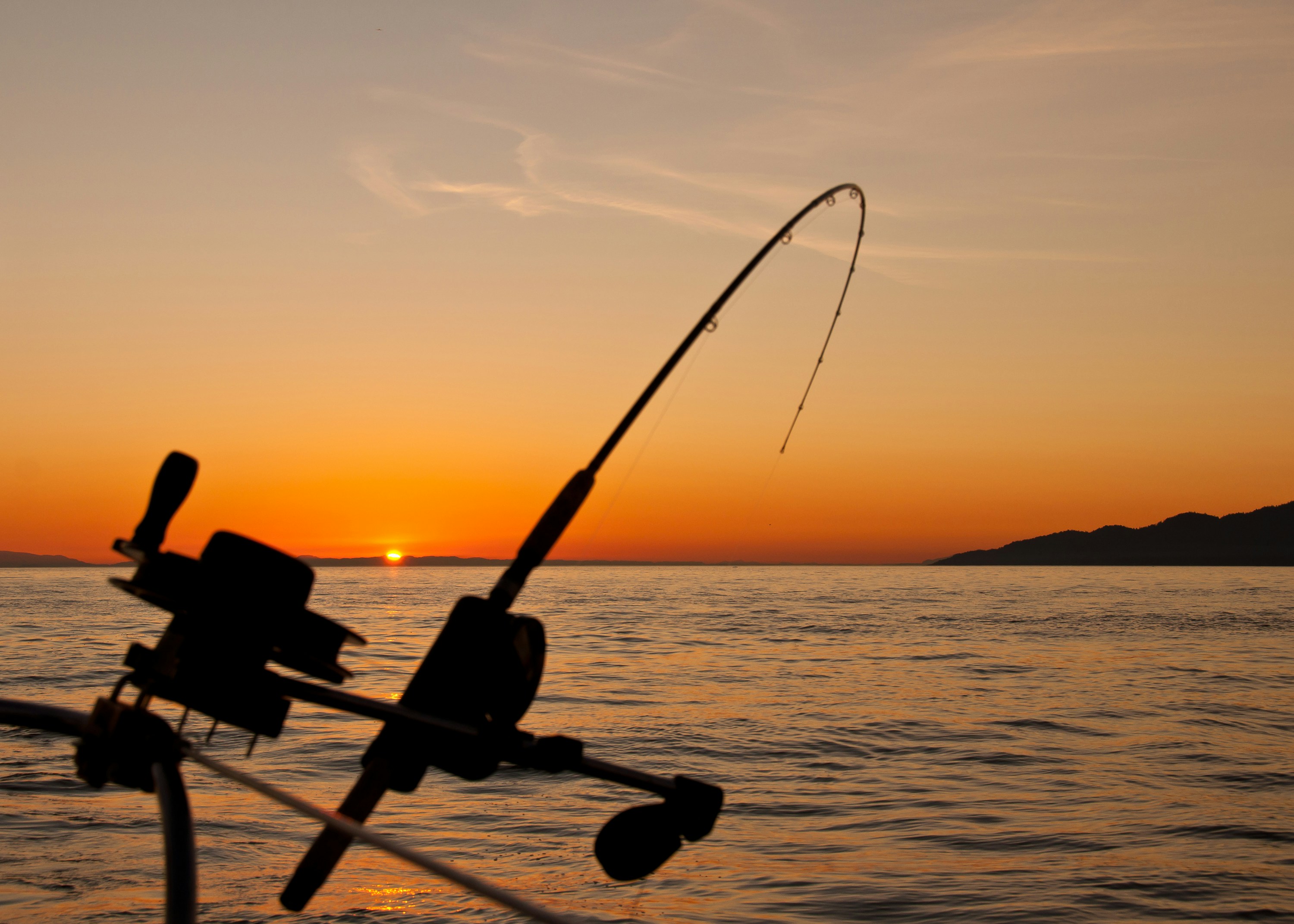
The provincial government requires fishermen to purchase a fishing license. This applies to both freshwater fishing and saltwater fishing. Any individual 16 years of age or older who is fishing in the province must carry a license with them. Licenses can be purchased online through the British Columbia government website.
You can purchase a saltwater fishing license that will last for one, three, or five days. You can also opt to buy an annual license. Prices are determined by the number of days your license is good for and whether you are a Canadian resident or not. Non-residents pay higher fees. Freshwater fishing licenses are good for one day or eight days. You can also opt to purchase an annual freshwater license.
Sportfishing Trips
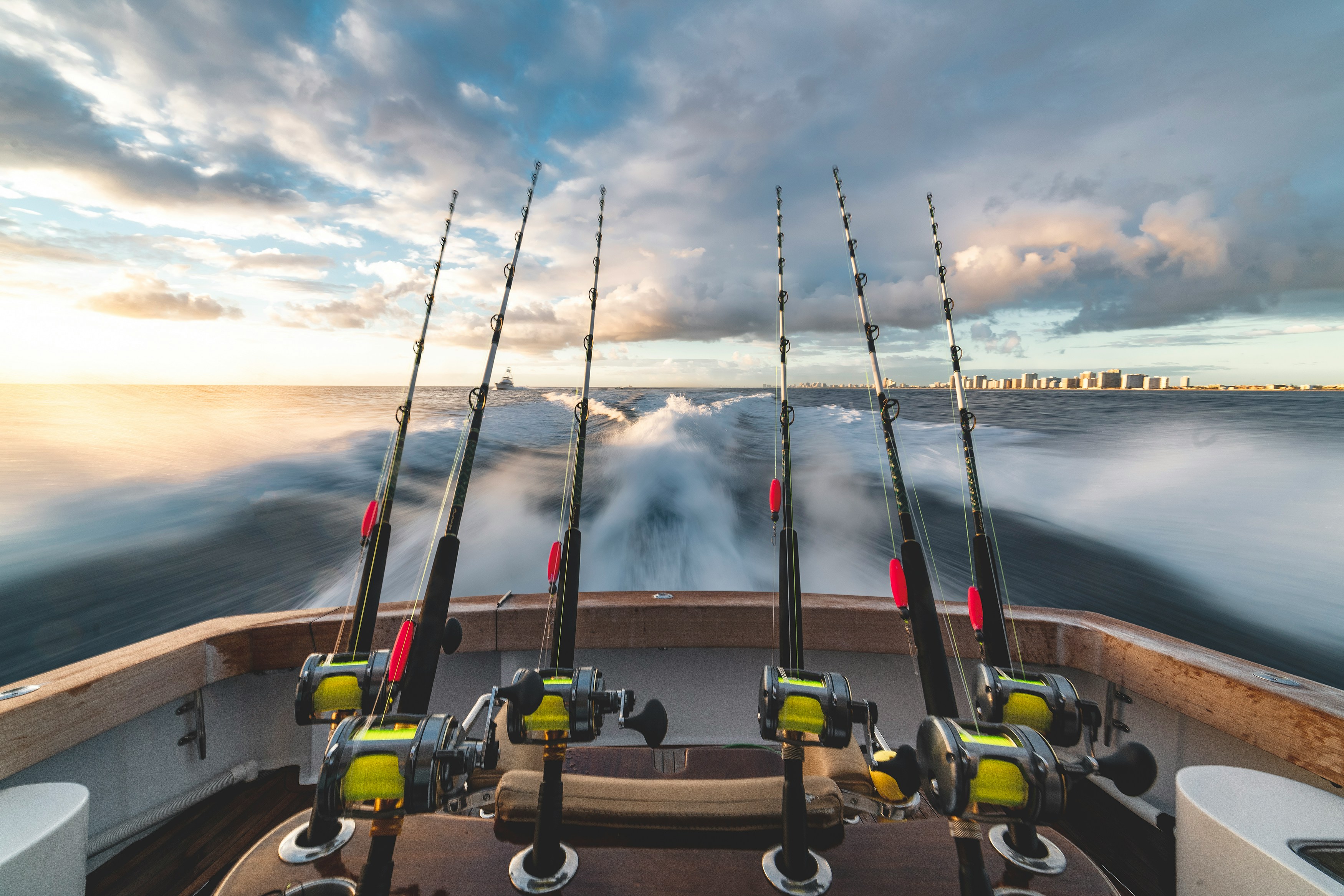
If you’re a newbie to fishing in British Columbia, you may want to consider booking a trip to go sportfishing in BC at one of the province’s premier fishing lodges. You can buy an all-inclusive package that covers your accommodations, food, fish processing, and transportation to and from the airport. These packages also include a guide for fishing expeditions, boats, fuel, and all of the equipment you will require for fishing. Prices vary based on the number of occupants per boat and the guided fishing hours may be restricted to 10 hours for a weekend trip. Non-alcoholic beverages are included in the cost, but alcoholic beverages are not.
Regional Guidelines
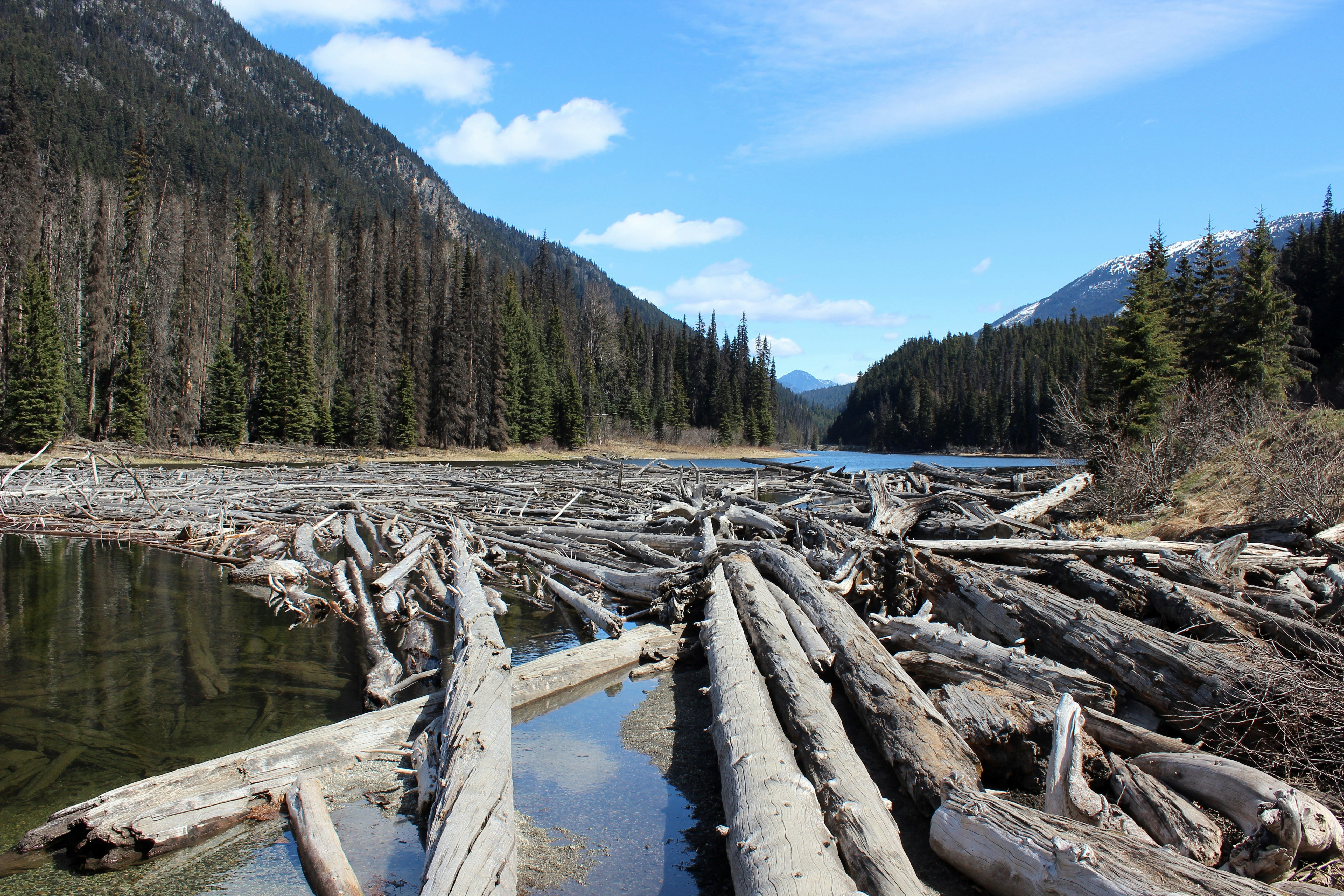
There are nine regions governing freshwater fishing regulations. If you opt to spend some time fishing in lakes or rivers, you will want to review the appropriate guidelines for your region. The regions are Vancouver Island, Lower Mainland, Thomson, Kootenay, Caribou, Skeena, Omineca, Peace, and Okanagan. Freshwater fishing guidelines can be accessed on the provincial website.
Salmon Guidelines
Sportfishing trips to Vancouver Island typically focus on halibut and salmon fishing. It is important to go with an informed guide from a facility that specializes in sportfishing to ensure your fish in open areas. There are also several policies that apply to salmon fishing. For instance, you must remove and submit the head of any coho or chinook salmon that came from hatcheries. There may also be limits to the number of rods you can use depending on where you’re fishing and how many people you are with.
Enforcement
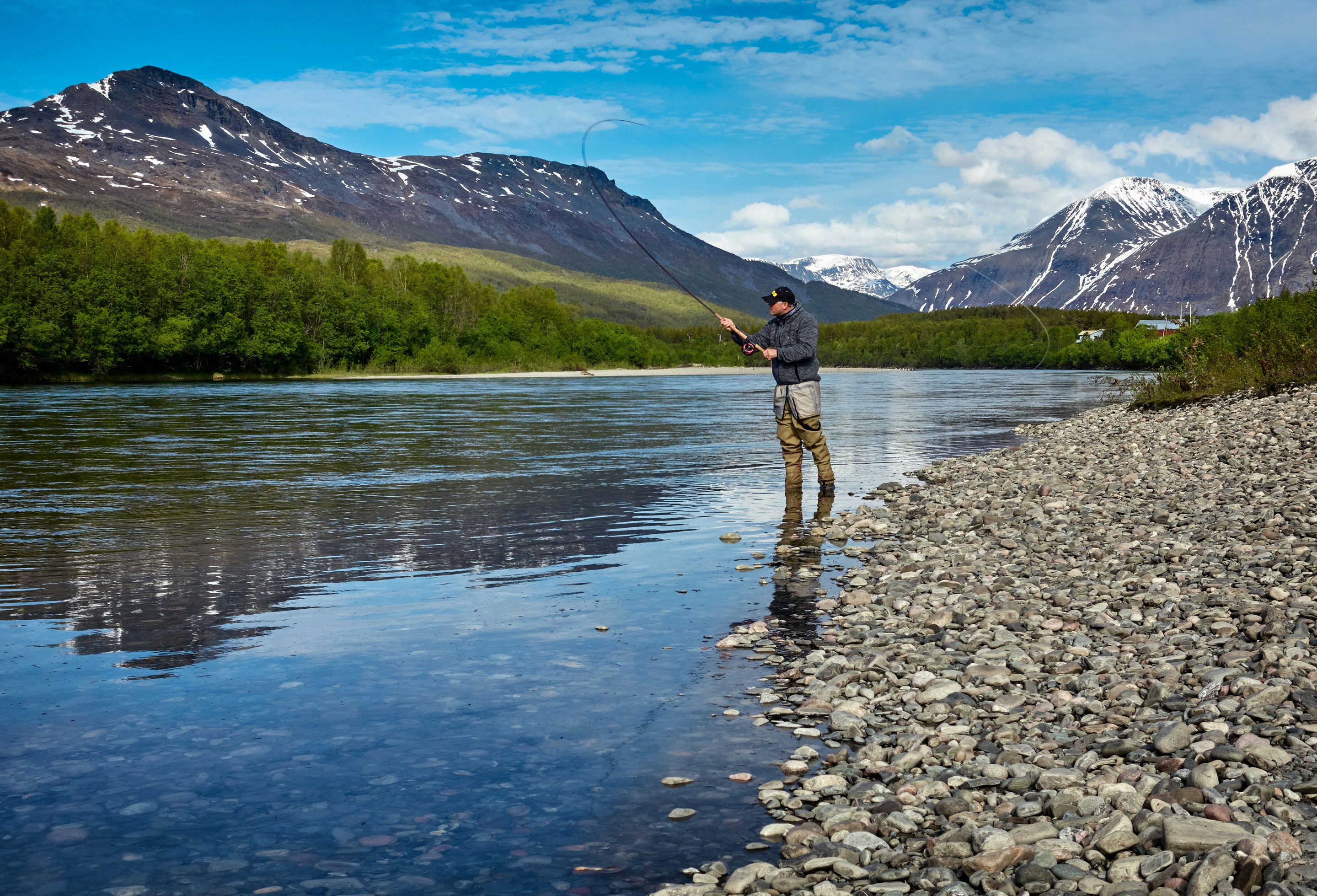
The Ministry of Environment oversees fishing regulations in British Columbia. Fishery officers are professionals who monitor fishing and ensure the regulations are followed. They may ask to see your fishing license or assess your bait and hooks. They patrol the waterways and are responsible for collecting evidence of any violations.
